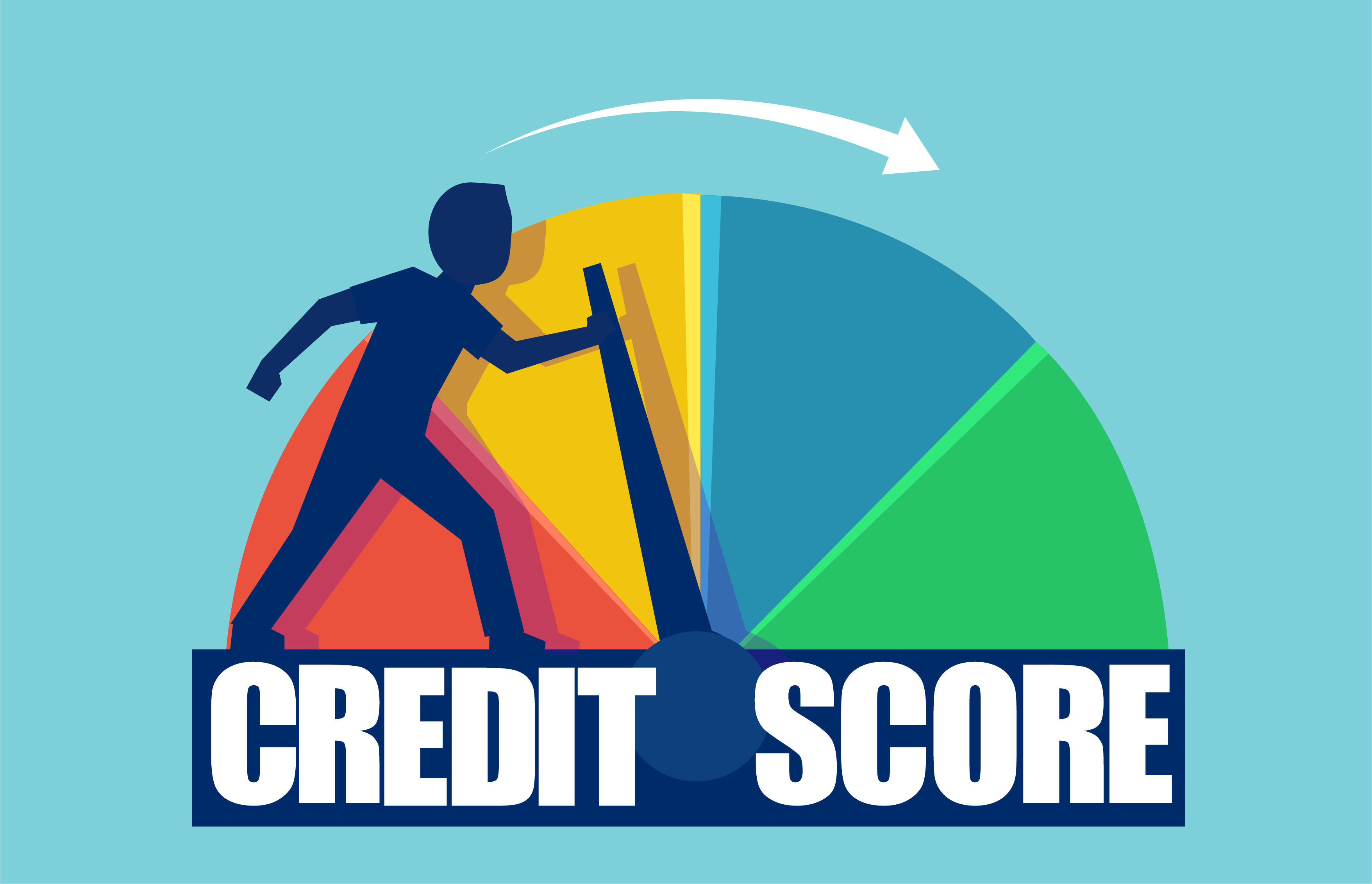Hoping to buy a home soon? You’ll want to make sure your credit score is acceptable because lenders check this number as a way to gauge whether to give you more credit in the form of a home loan.
If your credit score is high, you’re considered creditworthy, which bodes well for your chances of getting a good mortgage. If your credit score is low, however, lenders might be concerned that you’ll default on your home loan and deny you a mortgage (or charge you a premium for it). Here, realtor.com offers information on how to improve your credit score fast.
1. Check for credit score errors
A low credit score may not be entirely your fault. One in four Americans actually finds errors on their credit file, according to a Federal Trade Commission survey on Americans’ credit scores. Credit score errors are common because creditors make mistakes with reporting. For example, although you may have never missed a credit card payment, someone with the same name as you did miss a credit payment—and your bank recorded the error on your credit account by accident.
This is why it’s important to do a free credit check and look for any errors that could be dragging down your credit score. If you find some errors, you can remove them from your credit report by contacting the credit bureaus (Equifax, Experian and TransUnion) with proof that the credit information was amiss. From there, the credit bureaus will remove these flaws from your credit report, which will later be reflected in your credit score.
If it’s an identity error (like a credit card that’s not yours showing up on your credit report), this type of credit error can be fixed in one to two months. However, if it’s an error on your own credit card account, it may take longer to be reflected in your credit score since you’ll need to contact your credit card company as well as the credit bureaus. In this case, expect to wait up to three months before this mistake is purged from your credit report and reflected in your credit score.
2. Pay down your credit debts
Paying down your debt is the thing you can do that could have the biggest—and fastest—impact on your credit score. Credit utilization (or the amount you can borrow in credit versus the amount of debt you’re carrying) accounts for 30 percent of your credit score.
And the more available credit you have, the better. If you have the cash on hand, try to time your credit payments so you’re reaping the credit-reporting benefits. Not sure when your creditor reports? You could call them and ask, or you can check your credit report. It will take about one month to improve your credit score.
3. Get your credit bills current
If you’re already late on a payment, pay it as soon as possible for a quick credit score boost. Paying credit bills on time is the most important factor in a credit score, so going from paying one or more credit bills late each month to paying all on time could show an improvement in one to two months. If you’re less than 30 days late on a credit card bill and you can make the payment today, do it. Creditors don’t typically report until after the 30-day mark.
4. Open a new credit card account
Opening a new credit card account can help improve your credit score by increasing your total outstanding credit line and helping your credit mix. It will take one to six weeks to improve your credit score based on processing and reporting your new account. Note: Try opening just one new credit account, at least at first. If you apply for a card every time you’re asked whether you want 10 percent off your purchase, the amount of credit inquiries will negatively affect your credit score.
5. Become an authorized credit card user
Have a responsible partner or family member who always pays their credit card bills on time? Becoming an authorized user on one of their credit card accounts will let you piggyback onto their good credit history, with the full history of the other account showing up on your credit report immediately.
And when this older, established credit account is added to your credit history, it results in an increase in the average age of accounts you’ve ‘managed’ (which also increases your credit score). Just be careful to make sure the person you choose actually pays his bills on time and keeps the debts low—just like good credit history, bad history will show up, too.
6. Get a secured credit card or loan
If you’re having trouble qualifying for a traditional credit card, try for a secured credit card, which is “secured” by a deposit. This means that if you default or stop paying, your deposit will be used to pay off the account. This lowers the risk involved for the lender, which makes it more likely to offer you credit even if you don’t have an established credit history.
It will take one to two months to improve your credit score, and while you’re at it, make sure to keep all your credit cards open, whether you use them or not. As long as they aren’t charging you any annual fees, that is. The reason? Closing accounts might increase your credit utilization ratio, which won’t be good for your score.

